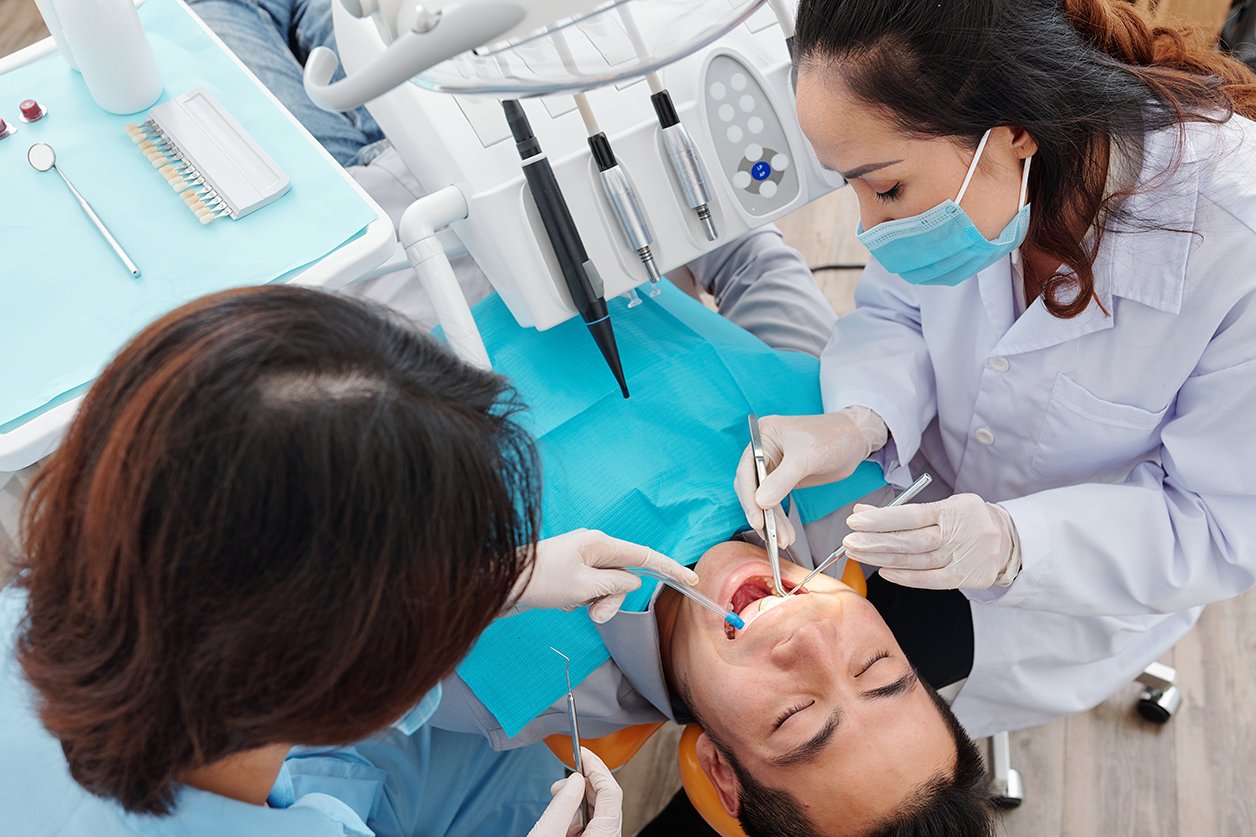Dental Emergency Preparedness: Navigating Dental Crises with Confidence
Dental Emergency Preparedness: Navigating Dental Crises with Confidence
When dental emergencies strike, they often bring a wave of panic and confusion. Understanding how to navigate these crises is crucial, not just for immediate relief but also to prevent long-term dental issues. This blog delves into ‘Dental Emergency Preparedness,’ offering insights and guidance to help you confidently manage dental emergencies, whether at home or while seeking professional help. Let’s explore how to be well-prepared for unexpected oral health issues.
Types of Dental Emergencies
Dental emergencies come in various forms, each requiring specific responses. Common emergencies include toothaches, which could indicate deeper issues like infections; knocked-out teeth, often resulting from physical accidents; and cracked or broken teeth, which can cause severe pain and sensitivity. Understanding these types helps in quickly determining the severity of the situation and the required action, a vital aspect of ‘Dental Emergency Preparedness’.
Immediate Steps at Home
The initial response to a dental emergency can significantly influence the outcome. For instance, in the case of a knocked-out tooth, gently rinsing it and trying to place it back in the socket can be crucial for saving the tooth. For broken teeth, rinsing the mouth with warm water and applying a cold compress can reduce swelling and pain. These immediate steps are part of effective ‘Dental Emergency Preparedness,’ helping to stabilize the situation before professional care is sought.
Contacting a Dental Professional
Knowing when to call a dentist is a critical decision during a dental emergency. Severe pain, bleeding that doesn’t stop, or a lost filling or crown are signals that you need to seek immediate professional attention. Understanding these signs and having a go-to emergency dentist’s contact information are integral components of ‘Dental Emergency Preparedness’.
Toothache Relief
While a toothache might seem minor, it often signals underlying issues. Until you can visit a dentist, remedies like rinsing with warm salt water or applying a cold compress can offer temporary relief. Over-the-counter pain relief medications can also be used, but they are just a stop-gap measure in ‘Dental Emergency Preparedness’ until professional help is obtained.
Handling Knocked-Out Teeth
A knocked-out tooth is one of the most urgent dental emergencies. Properly handling the tooth—avoiding touching the root, rinsing it without scrubbing, and trying to reinsert it into the socket—can make a huge difference in saving the tooth. This knowledge is a crucial part of ‘Dental Emergency Preparedness’.
Managing Broken or Cracked Teeth
Broken or cracked teeth not only cause discomfort but can also lead to more serious dental problems if not addressed promptly. Covering any jagged edges with sugarless gum and avoiding extreme temperatures can help in managing discomfort. Understanding these nuances is vital in ‘Dental Emergency Preparedness’.
Dealing with Lost Dental Fillings or Crowns
Losing a filling or crown can be disconcerting, but knowing how to temporarily manage the situation helps. Over-the-counter dental cement or sugarless gum can be used to cover the exposed area until you can see a dentist. This quick fix is part of effective ‘Dental Emergency Preparedness’.
Bleeding Gums and Mouth Injuries
Bleeding gums and mouth injuries, often resulting from accidents or biting down on hard food, require immediate attention. Rinsing with a mild saltwater solution and applying pressure with a clean gauze or cloth can help control bleeding. These steps are an essential aspect of ‘Dental Emergency Preparedness’.
Emergency Dental Kit
A well-prepared dental emergency kit can be a lifesaver. It should include items like gauze, a small container with a lid (for a knocked-out tooth), OTC pain relievers, and temporary dental cement. Having this kit ready is a proactive step in ‘Dental Emergency Preparedness’.
When to Seek Medical Help
Sometimes, dental emergencies are part of more significant health issues, like infections spreading beyond the mouth. In such cases, seeking immediate medical help is crucial. Recognizing these signs and acting swiftly is the cornerstone of ‘Dental Emergency Preparedness’.
Being equipped with the knowledge of ‘Dental Emergency Preparedness’ is essential for handling dental crises confidently and effectively. Remember, the right response at the right time can not only bring immediate relief but also prevent potential long-term dental problems. Stay informed, stay prepared, and you’ll be able to navigate dental emergencies with assurance and calm.
Schedeule a Consultation
Come in for a consultation and find out all about the best cosmetic dentist in Miami, FL.

